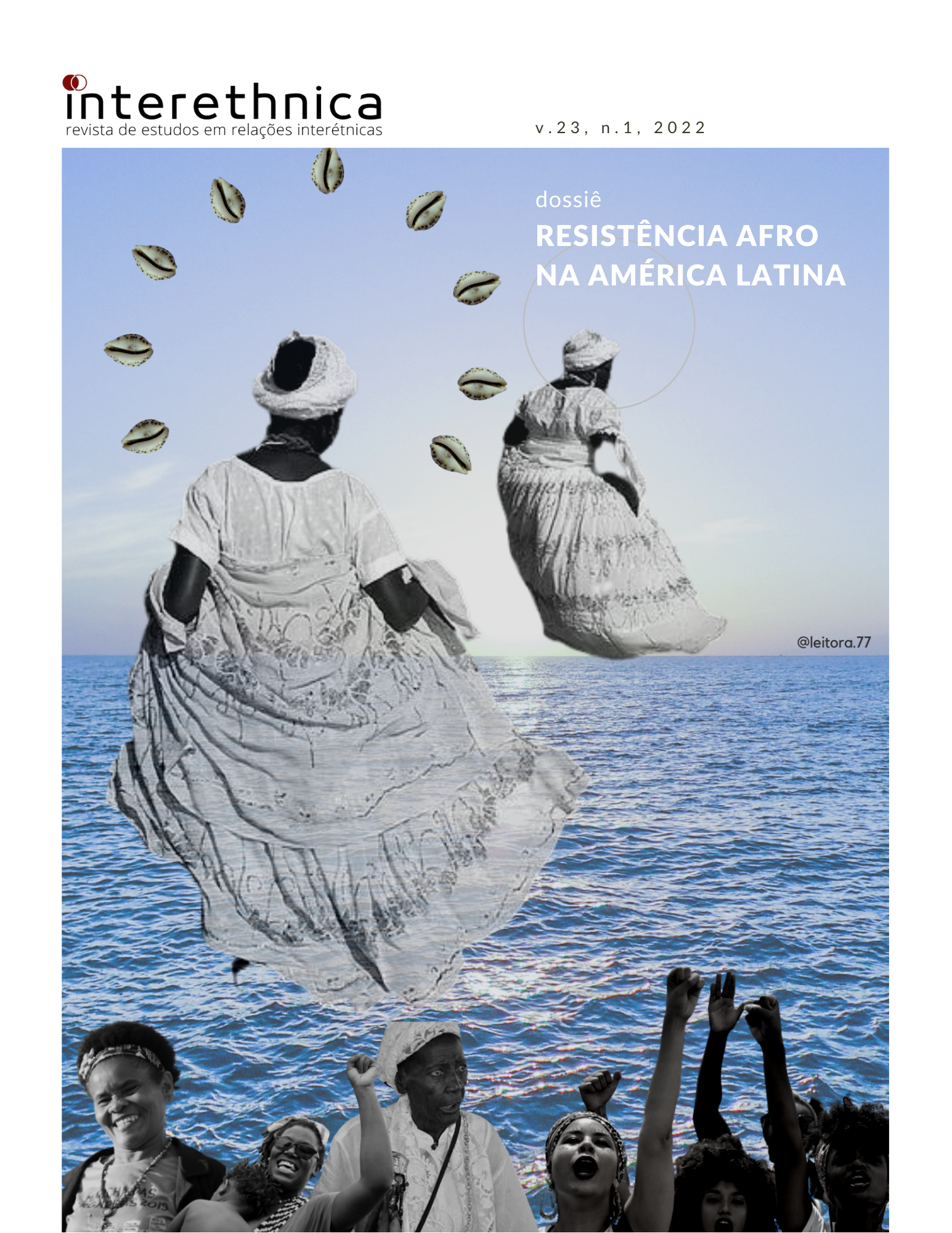Por outras epistemologias: os quilombos como espaços de construção de conhecimentos
Keywords:
epistemologias de resistência, feminino quilombola, universalismos coloniaisAbstract
Este artigo tem como objetivo discutir os conceitos de conhecimento e ciência e as formas de vida e epistemologias nos quilombos. É possível construir conhecimentos científicos, considerando outras epistemologias, sem negar a autoridade e a história das ciências e da produção dos conhecimentos científicos? O objetivo é problematizar a existência de dinâmicas epistemológicas e de elaboração de conhecimentos em contextos específicos, que por vezes são desconhecidas ou tratadas como menores e sem valor científico. O artigo nasce de debates sobre o valor dos conhecimentos dos povos e comunidades tradicionais, especificamente dos/nos quilombos, compreendendo que esses são conhecimentos que se baseiam em “fórmulas próprias” ou em uma ciência específica. Serão analisadas literaturas que ajudem a encontrar o lugar das epistemologias nos ser/fazer/viver dos/nos quilombos, visto que se observa a existência de dinâmicas e formulação de conhecimentos próprios, cujas mulheres são protagonistas.
Downloads
Downloads
Published
How to Cite
Issue
Section
License
Copyright (c) 2022 Interethnic@ - Interethnic Relations Studies Journal

This work is licensed under a Creative Commons Attribution-NonCommercial 4.0 International License.
COPYRIGHT AND EXCLUSIVITY
At the time of submission, authors undertake not to send this manuscript to another journal during the reviewing process. Conversely, the Journal does not accept articles that are still under review in other journals. Neither will it accept two simultaneous reviews of the same author, understanding that this constitutes simultaneity.
Submission automatically implies full assignment of the copyright, including translation, if the article is approved for publication. Authors may reproduce their articles, provided that the original source (Interethnic Journal) is cited
GOOD SCIENTIFIC PRACTICES
TAll submitted articles will be submitted to plagiarism and "self-plagiarism" or republishing (publication as unpublished material of texts already published). Eventual cases of bad practice will be examined and decided by the editorial committee according to the guidelines of the National Council for Scientific and Technological Development (CNPQ).
The integrity of the content of the articles is the sole responsibility of the authors.



